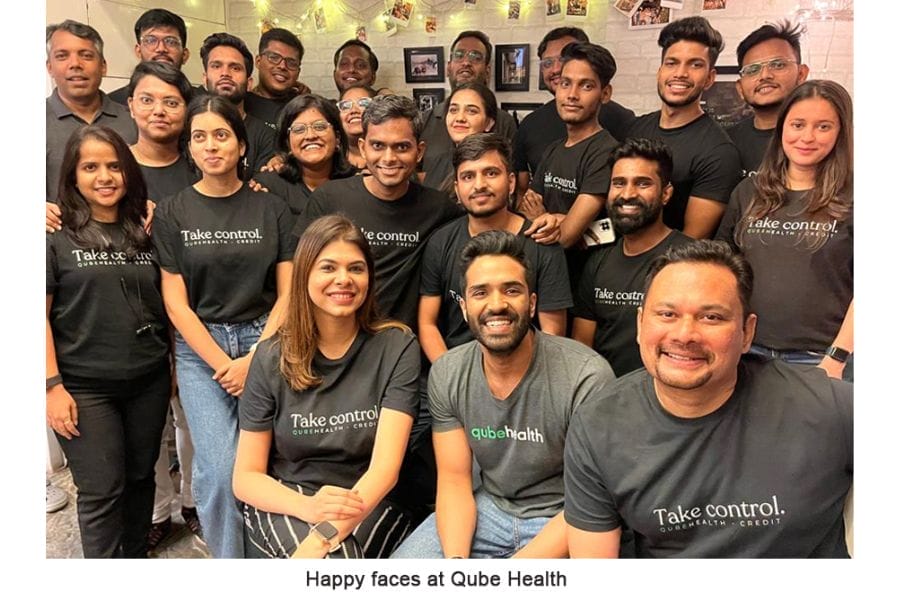New Delhi (India), October 30: A career in the startup world offers a dynamic and entrepreneurial path. Startups are young, innovative companies aiming to disrupt traditional markets with fresh ideas. Working in a startup involves wearing multiple hats, often in a fast-paced, high-risk environment. It provides opportunities for rapid learning, skill diversification, and hands-on experience, as roles frequently blur. The atmosphere encourages creativity, problem-solving, and adaptability. However, job security can be uncertain, and the workload demanding.
Success can bring significant rewards, including equity, professional growth, and the satisfaction of contributing to a company’s growth. It’s a thrilling journey that attracts those with a passion for innovation and a tolerance for uncertainty.
Soldiers Vs. Commandos
To set the context, let us first understand the difference between a Soldier and a Commando. Soldiers are members of a country’s regular military forces, typically trained for conventional warfare and deployed in various roles, including infantry, artillery, and logistics. They operate within established military structures and follow standard procedures.
Commandos, on the other hand, are highly specialized and elite military units known for their unconventional tactics and stealth. They operate with a focus on surprise, speed, and precision, often in small teams or independently, making them distinct from conventional soldiers in their mission scope and methods.
When we looked at startups in India, we find that a majority are focused on building an army of soldiers, but there are a select few who are contrary in their thinking and are instead building a company of ‘commandos’ – smaller teams of high skilled and effective professionals who are having an impact in their industry that is five times more effective than anywhere in a larger company.
Advantages & Opportunities
QubeHealth is one such company. With just fifty-something employees, the healthcare payments company has built a massive user base of one and a half lakh subscribers who use their App to pay for various health and medical bills across India. With a mission to help Indians take more control of their family’s healthcare payments, they provide a quick payment system that reduces the cost of medical bill payments and also provides you zero-percent instant medical credit to pay for any bill that is not covered by your health insurance. The company has activated over Rs. 1000 Crore in medical already for these Users, who are employees of corporates that have signed up to Qube.
Building a business of this scale, with operations across the country, would normally mean employing a team across multiple cities, with a team count in the hundreds. But what has been surprising is the sheer impact that Qube has managed with a small team.
We spoke to Chris George, Co-Founder and CEO of Qube, and asked about his philosophy of building teams. He said, “Small, highly committed and skilled teams are always more effective than large armies – especially in building a startup business, where uncertainty and quick decision making are everyday scenarios. ”
Qube is contrarian in many ways, being based in the financial capital, Mumbai, rather than the tech capital of Bengaluru. But even their Mumbai office is not where you would expect. They are based in the film and media neighborhood of Versova, in a leafy lane, inside a bungalow that used to be an editing studio. “The only thing that is similar between our office in Mumbai and Bengaluru is that our Bungalow office looks like it could be based in Koramangala, with all the trees around and our terrace garden,” says Priyanka, Chief People Officer of the company.
Working in a small team is great for learning, developing, and expanding your skills, which can help you in your later career years. It is fulfilling in more ways than one, but it is certainly not for everyone. “We have had team members who join us because they think that working for a startup is like a non-stop, college-fun atmosphere. They see the cool office in a bungalow, the music playing, the working on the terrace, and the various office parties and think that this is all it is about – but they do not realize that we all take our work very seriously. We party hard but work harder. We know we need to be the best at what we do.”
Choosing a work-life
For a high-performance-oriented culture, Qube has some surprising areas where it is different. For example, it expects everyone to finish their work and leave the office no later than seven in the evening (unless you and your team leader have chosen to stay back and complete an assignment). This is an excellent example of the type of work-life you wish to craft for yourself, and this self-understanding will determine the choice of the employer.
Working in an organization that is building an army of soldiers expects you to be one in a hundred. They expect you to stand out or make independent decisions. You will learn to conform but will have a more regular rhythm to your work life.
So, when you are thinking about a career move, make sure to ask HR if they are building an army OR if they are building a team of Commandos. You will be surprised how much the answer to that question affects the career choice you make.





